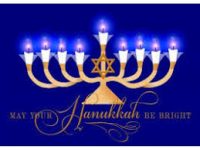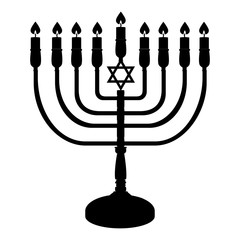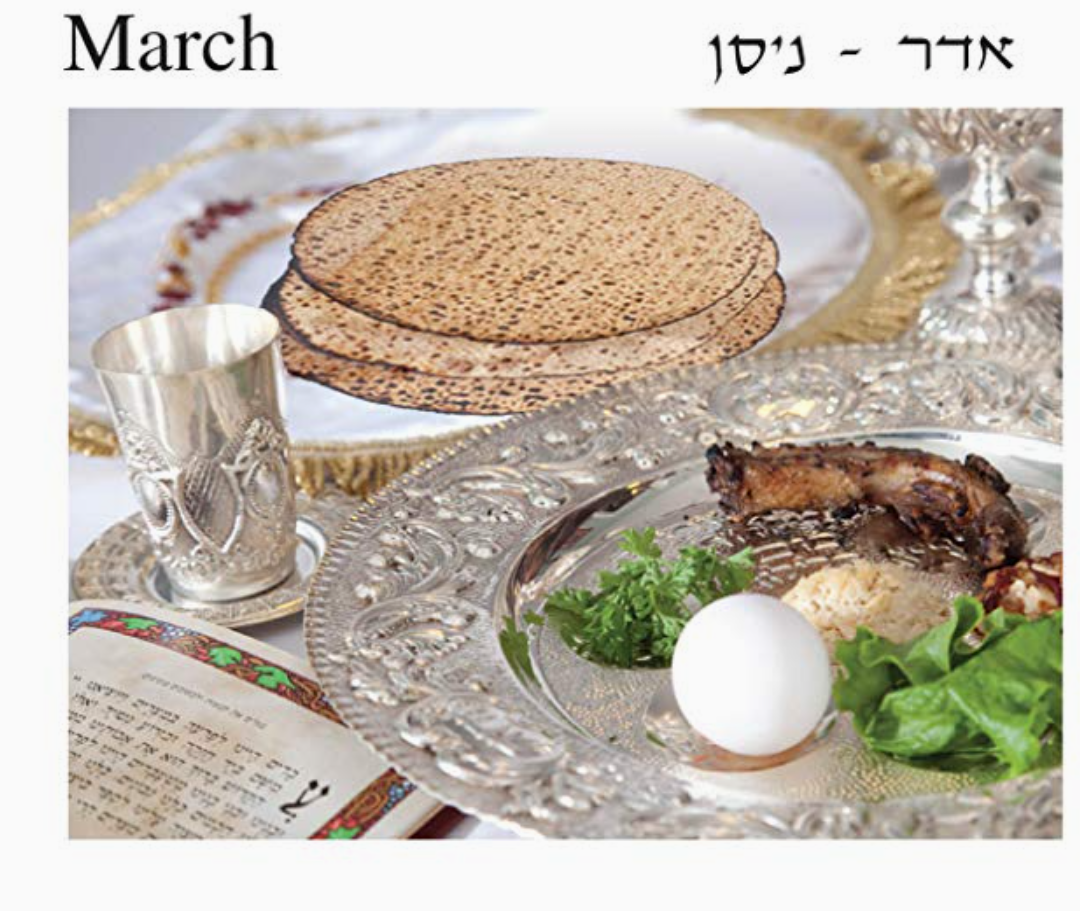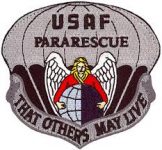 Chanukkah Is Not Christmas
Chanukkah Is Not Christmas
After reading an article by Richard Chaimberlin, “Antiochus Epiphanies: Type of Anti-Messiah” in the magazine Petah Tikvah (quoted in purple), I was intrigued by some items on Chanukkah.
“(C)Hanukkah is a holiday that begins on the 25th of the Jewish month of Kislev. Curiously, ‘Christmas’ is celebrated on the 25th of December, (C)Hanukkah is sometimes considered something of a Jewish Christmas.
“In actuality, Hanukkah (or Chanukkah, if you prefer) is very different from Christmas. Hanukkah is the victory of Torah over Hellenism, whereas, Christmas is the surrender to Hellenism.” (Petah Tikvah).
We all know that Hellenism is the way of the Greeks of which was adopted by many civilizations to some extent, even our own. Most importantly the Jews succumbed to Hellenism and it was a very big part of society by the time Yahoshua came.
“The story of Hanukkah begins when Antiochus Epiphanies offered pagan sacrifices in the Temple in Jerusalem right on God’s holy mountain.” (Petah Tikvah). This was approximately 168 BCE or so with lots of pig blood used. Of course, this was a form of blasphemy to the Jews who were forbidden to eat or sacrifice pigs by YaHVaH.
“Many times, Hanukkah is portrayed as a battle for religious liberty. This isn’t quite accurate.” (Petah Tikvah). It is a celebration rather of the return to true worship to YaHVaH in the temple after a long battle to retake what was taken away by Antiochus.
“You can read the original Hanukkah story by opening up to the Books of Maccabees found in the Apocrypha. One of the things you will discover is that the story of the oil lasting for eight days is not there at all.” (Petah Tikvah). The exact location is 2 Maccabees 10:1-8. In verse 6, we find they kept it eight days with gladness as in the feast of tabernacles, Sukkot.
The Apocrypha is a group of 14 to 17 books between the Old Testament and the New Testament. It was originally part of the Jewish scrolls used during the time of Yahoshua and included in all the Bibles, even the 1611 King James Version, until 1782 CE when Robert Aitken published an English language Bible in America (U.S.). Even then, it wasn’t until about 1885 when the Apocrypha was left out of the other versions. However, it is still available, mostly in Catholic versions. It is also available separately from Cambridge University Press in the King James Version, ISBN 0-521-50674-3.
Backing up to 2 Maccabees chapter 9, we see that Antiochus was struck down by YaHVaH with a plague of the bowels because of his pride against the Jews. Worms rose out of this body and the pain was so great that he realized his error, “and that a man that is mortal should not proudly think of himself, as if he were [Elohiym]” 2 Maccabees 9:12, (KJV Apocrypha). Although it was too late to escape the judgment of YaHVaH, he became a believer and vowed to use his own revenue to restore the temple he had earlier spoiled.
Mr. Chaimberlin mentions that you won’t find Christmas mentioned in the Bible, which is true. “You won’t find Hanukkah mentioned in the Tanakh (O.T.) at all, as this holiday hadn’t been invented until 165 B.C.E., when the Jews rededicated the Temple. This was long after the last book of the Tanakh was written.” (Petah Tikvah). However, this is not true. Chanukkah is not in there by name in English translations, yet in Hebrew it is. Chanukkah is in the Hebrew 12 times, translated “dedication (10x), dedicating (2x)” Strong’s 2597 & 2598. Nu. 7 & 2 Ch. 7 = Chanukkah for the altar @ Moses’ & Solomon’s times. Dn. 3 = Chanukkah for an idol @ Nebuchadnezzar’s time. Ezra 6 and Ne. 12 = Chanukkah for the wall of Jerusalem @ Ezra’s time.
No name is given to the feast in 2 Maccabees. It is mentioned in the New Testament once, Jn. 10:22, but is called only the feast of dedication, the Greek word ‘Egkainia. In reading Jn. 10:23-42, we find that Yahoshua (Yeshua) walked into the Temple during this feast, was confronted by the Jews, and declared that He had already told them He was the Messiah. Then He declares in v. 30, “I and the Father are one.” ROSNV, and in v. 36, ” . . . Thou speaketh profanely, because I said, Son of YaHVaH I am?” ROSNV. All showing His Holy presence fully revealed, yet the Jews sought only to stone Him, in the Temple, at this feast. Because of their rejection of Yahoshua (Yeshua), the Temple was destroyed in the year 70 CE.
This begs the question of whether we should even celebrate Chanukkah now? Most definitely there remains no stone temple anymore and Yahoshua (Yeshua) is the light of the world (Jn. 8:12), not the Chanukkah candles. Yet the Temple is now our own bodies, as is explained by Paul, where the Father, the Son, and the Holy Spirit dwells. We then can shine “the light of the world,” Yahoshua, from the Temple, our bodies, by taking this time to reflect on what He did for us and declaring who He is to those who do not know Him.
In 2 Maccabees 10:9, we see they (the Jews) ordained this feast. Nowhere is this feast commanded by YaHVaH to be celebrated; however, since Yahoshua took the opportunity during this feast to declare Himself with the result in Jn. 10:42, “And many believed on Him there.” ROSNV. I suggest we do the same, declare Him during this time, December 7-15, 2023. It can also be a solemn time we use to worship and revere YaHVaH for our salvation through Yahoshua (Yeshua) and the “rededication” of the Temple, our body, in our lives to His service.
First published 10-2004, © 2004, 2017
© 2023 revised

^ For a traditional Jewish view of Hanukkah see the Hanukkah listing by Chabad.
Return to Table of Contents
Or continue on to A Time for Praise







